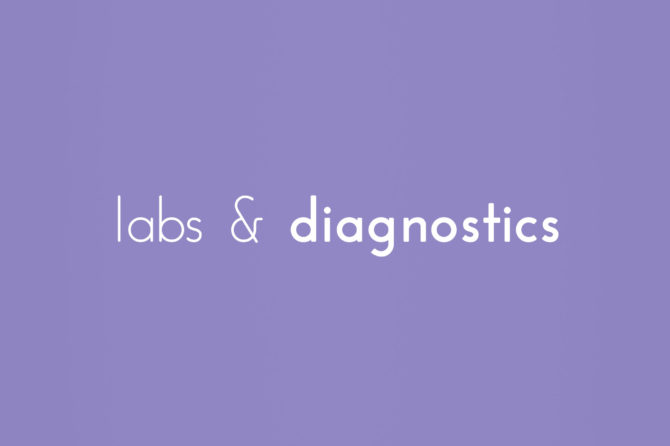

The civil settlement resolves allegations that NID manufactured, marketed and sold the Intact PTH and Bio-Intact PTH test kits, despite knowing that between May 1, 2000, and April 30, 2006, some of these kits produced results that were materially inaccurate and unreliable, thereby causing: (a) some clinical laboratories that purchased and used the Intact PTH and Bio-Intact PTH test kits to submit false claims for reimbursement to federal health programs and (b) some medical providers to submit false claims for reimbursement to federal health programs for unnecessary treatments.

As part of the guilty plea, NID admitted that in or about May 2000 and at various times thereafter, the company knowingly, intentionally and with intent to mislead, introduced into interstate commerce, and caused the introduction into interstate commerce of the Advantage Intact PTH Assay, that was misbranded. Nonetheless, NID continued to indicate, in its directional inserts and marketing materials, that the Advantage Intact PTH Assay and the IRMA Assay provided nearly identical results. Contrary to the claims in NID’s directional inserts and marketing materials, however, in about May 2000, and at various times thereafter, NID was aware that the Advantage Intact PTH Assay was not consistently providing results that were equivalent to those of the IRMA Assay.Īdditionally, during some of the periods of time after May 2000, NID was also aware that the Advantage Intact PTH Assay provided elevated PTH results. Additionally, the directional insert for the Intact PTH Assay, in a section entitled "Accuracy," described a study in which the IRMA Assay and the Advantage Intact PTH Assay produced nearly identical results when used to test PTH levels in samples of human blood. The marketing materials that NID distributed regarding the Advantage Intact PTH Assay described that product as having "excellent correlation" to the IRMA Assay. As alleged in the information, there were periods of time in which the Advantage Intact PTH Assay provided elevated results.

The criminal resolution focuses solely on the Advantage Intact PTH Assay. Cantor will share in the proceeds of the False Claims Act recovery and will receive approximately $45 million. The United States commenced its civil and criminal investigation after the filing of a qui tam or whistleblower suit brought by Thomas Cantor. The company has also entered into a Corporate Integrity Agreement with the Office of Inspector General of the U.S. Quest has agreed to pay various state Medicaid programs approximately $6.2 million to resolve similar civil claims.
#Quest diagnostics naples fl plus#
Quest has also entered into a non-prosecution agreement with the United States.Īs part of the civil settlement, Quest and NID will pay the United States $262 million plus interest to resolve False Claims Act allegations relating to the Advantage Intact PTH assay and four other assays manufactured by NID that allegedly provided inaccurate and unreliable results. As part of the plea, NID will pay a criminal fine of $40 million. in Brooklyn to a felony misbranding charge in violation of the Food, Drug and Cosmetic Act relating to NID’s Nichols Advantage Chemiluminescence Intact Parathyroid Hormone Immunoassay, a test that was used by laboratories throughout the country to measure parathyroid hormone (PTH) levels in patients. The payment of $302 million will resolve these allegations and represents one of the largest recoveries ever in a case involving a medical device.Īs part of the criminal resolution, NID pleaded guilty today before U.S. WASHINGTON – Quest Diagnostics Incorporated and its subsidiary, Nichols Institute Diagnostics (NID), have entered into a global settlement with the United States to resolve criminal and civil claims concerning various types of diagnostic test kits that NID manufactured, marketed and sold to laboratories throughout the country until 2006, the Justice Department announced today.


 0 kommentar(er)
0 kommentar(er)
